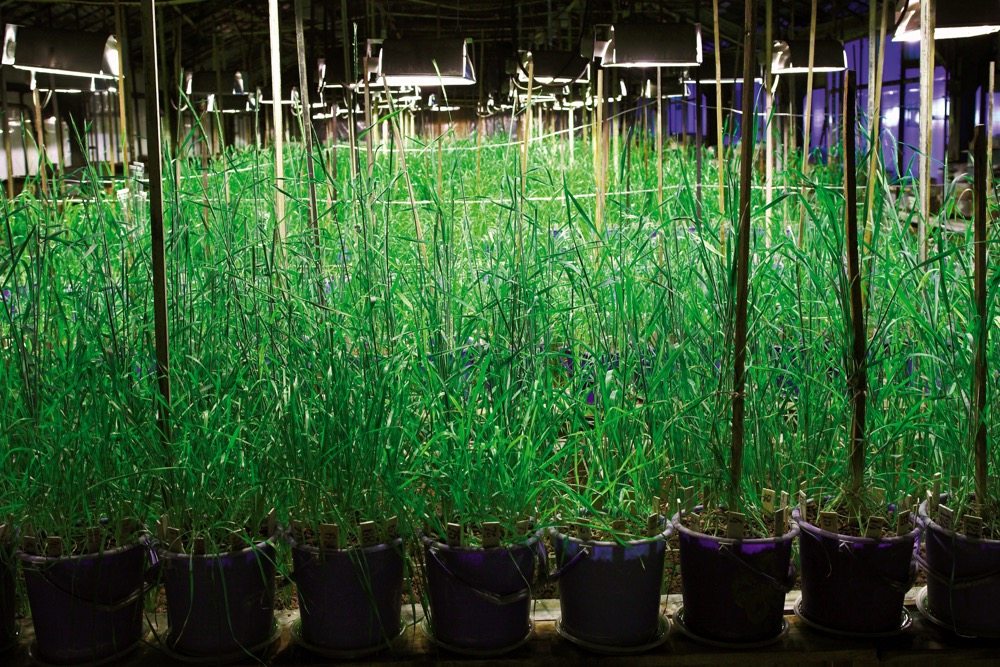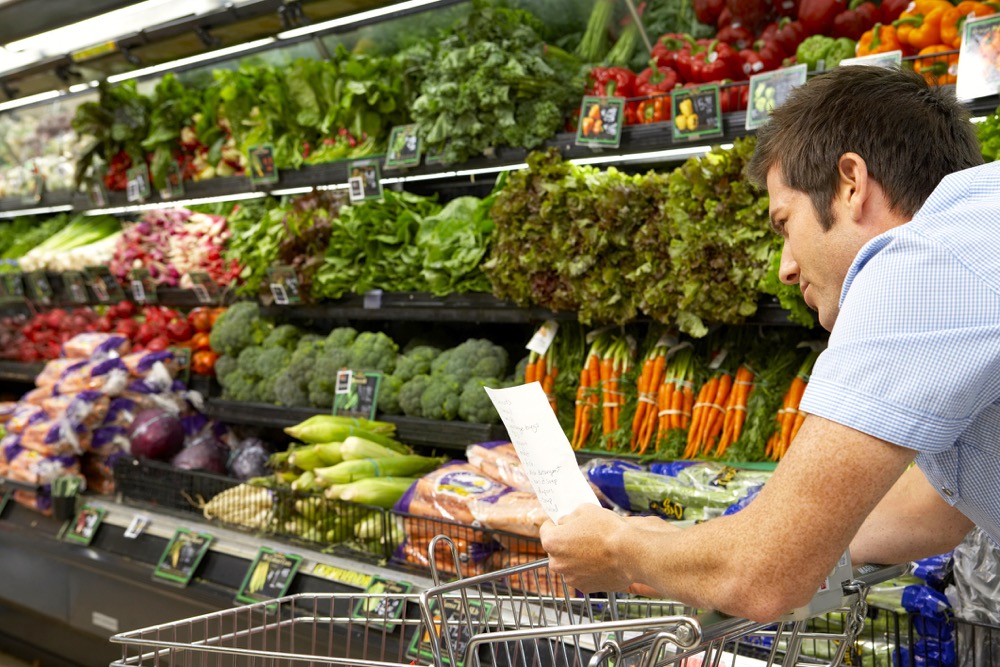I’ve been in the marketing end of agriculture for the past 25 years and have done a lot of work on branding, including developing logos. Logos have a great deal of power.
There’s one which infuriates me becoming more prevalent — that of the Non-GMO Project. According to their website, “The Non-GMO Project is a non-profit organization committed to preserving and building the non-GMO food supply, educating consumers, and providing verified non-GMO choices. We believe that everyone deserves an informed choice about whether or not to consume genetically modified organisms.”
Read Also

Canada’s Grocery Code of Conduct just window dressing
The voluntary nature of Canada’s Grocery Code of Conduct robs it of effectiveness and won’t result in the food system accountability that’s needed.
While that description is fine for the most part, my problem lies in the wording “informed choice.” The products they label have nothing to do with providing information on genetically engineered (GE) products, but rather the opposite.
What is scary is they have verified over 35,000 products worth over $16 billion in sales across North America. They do this by ignoring what a GE product actually is. A quick search of their approved products includes, insanely enough, everything from water, maple syrup, coffee, honey, and organic rose petal spread to pure vitamins, kitty litter, pink Himalayan rock salt, equine shampoo, toilet paper and my favourite, condoms (in the heat of the moment, do couples really care if their condoms are GE?)
Oddly enough, as taken directly from their website, “the Non-GMO Project’s verification seal is not a ‘GMO-free’ claim, it is trustworthy, defensible, transparent, and North America’s only independent verification for products made according to best practices for GMO avoidance.” They even know that their claims aren’t necessarily true.
While I haven’t investigated the U.S. regulations, the labelling laws in Canada are quite clear.
The Canadian General Standards Board under its Voluntary Labelling and Advertising of Foods that are and are not Products of Genetic Engineering section states:
“6.1.4 Claims that a single-ingredient food is not a product of genetic engineering shall not be made for a single-ingredient food of which no genetically engineered strains have been offered for sale, unless accompanied by an explanatory statement, for example, like all other oranges, these oranges are not a product of genetic engineering.”
The same rule applies to multi-ingredient foods where no GE alternative exists. Therefore all of this labelling is illegal in Canada — so why is it proliferating?
That answer takes me on a tangent about the lack of science knowledge in society. That’s something for another column.
A better question is how we, as the farming community, address this, besides investigating possible legal action (some Canadian companies, including some farmers in Ontario have shamefully bought into this scam).
We need to be vocal and take every possible opportunity to talk about what we do on the farm, and the multitude of benefits (especially environmental) that GE crops provide. We also need to combat the messages about these falsely labelled products.
Look what happened with French’s ketchup being pulled out of Loblaws. A loud protest was launched, mainly on social media — and it was successful. Can we do the same for these products?
It may feel like you, as one individual, aren’t making any impact, but together we can. Let’s work together to denounce these false labels.
Karen Daynard, is a former Nuffield scholar and owner and president of KD Communications, Guelph, Ont.-based public relations firm.














